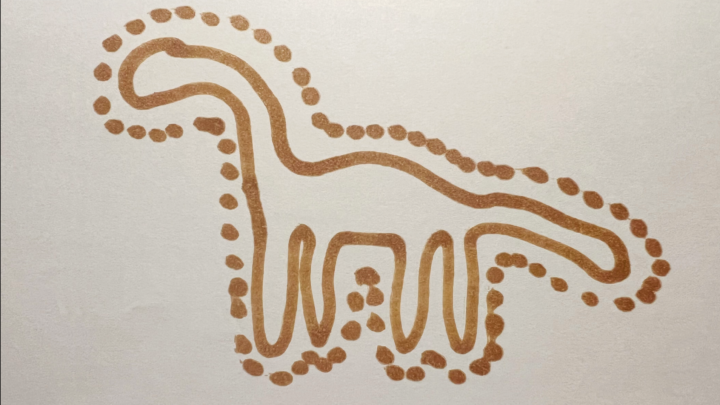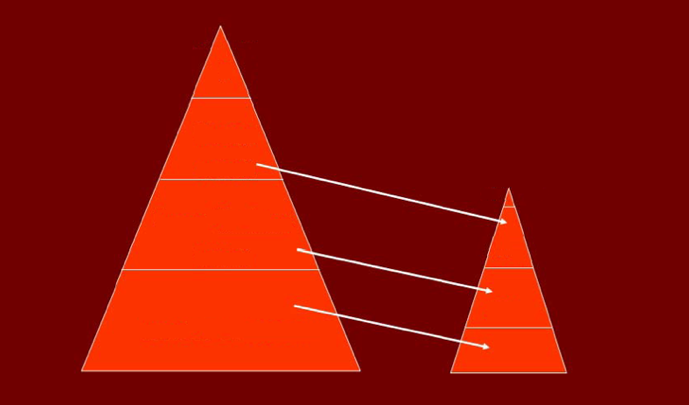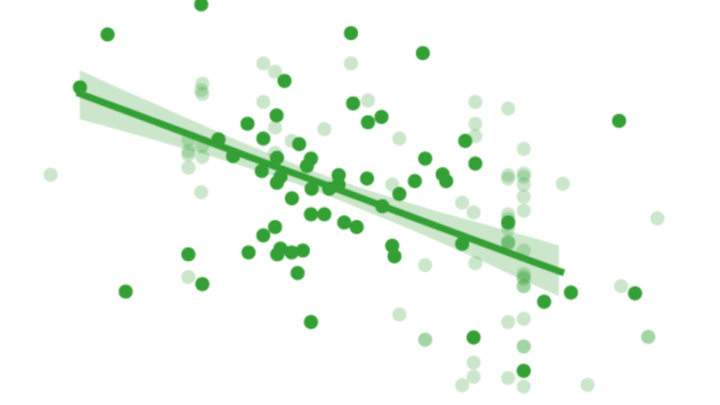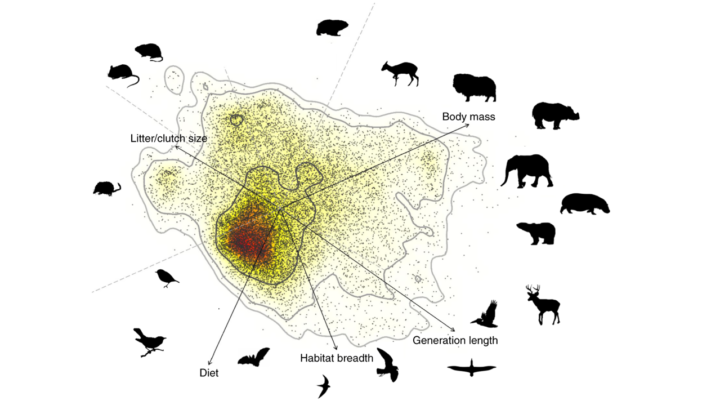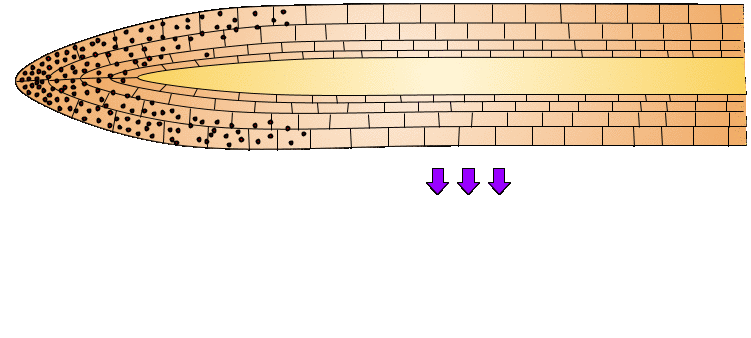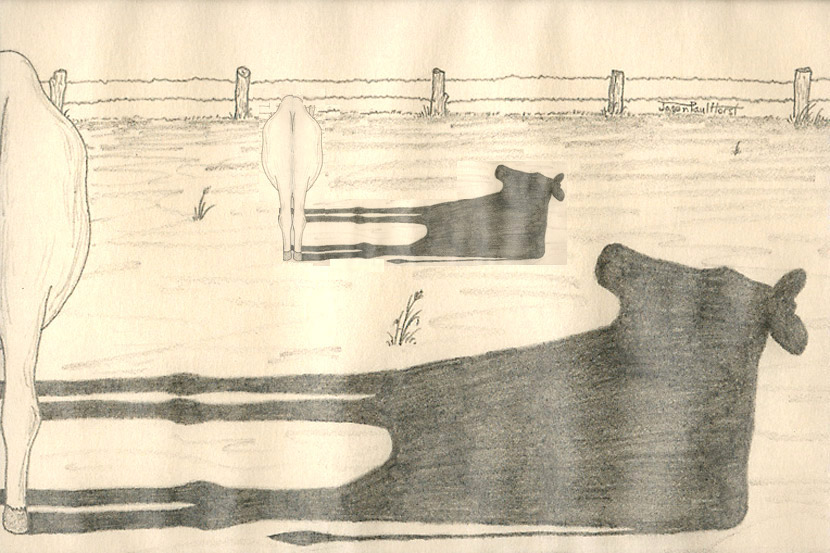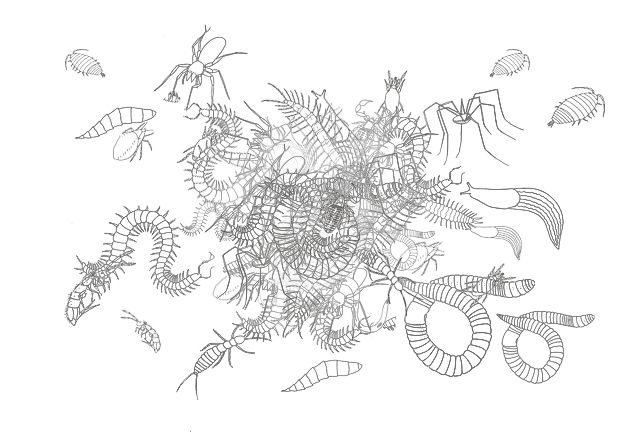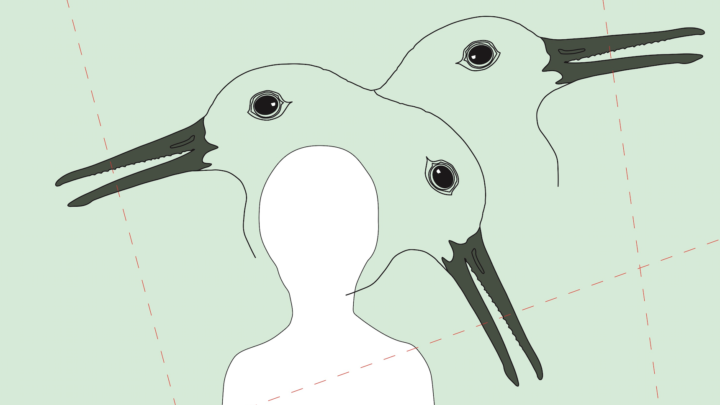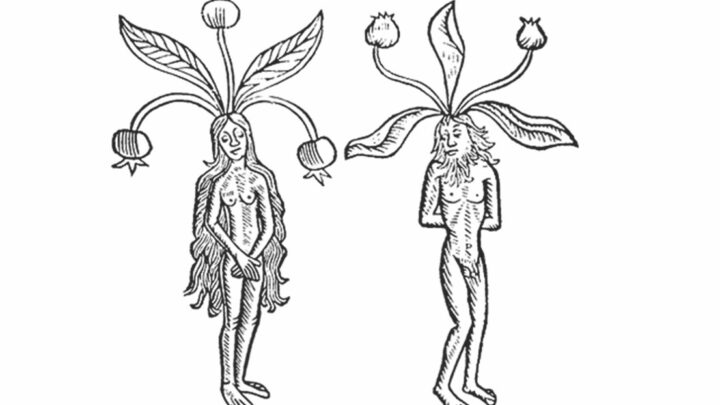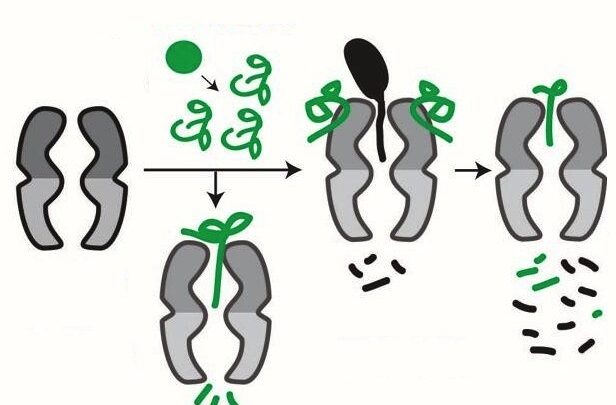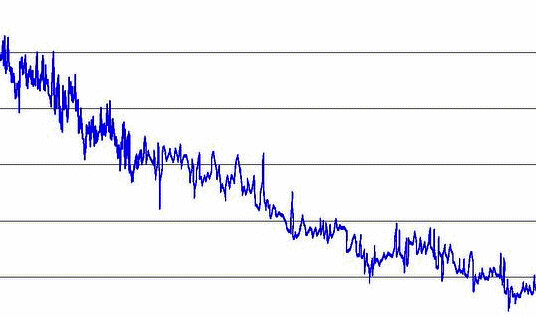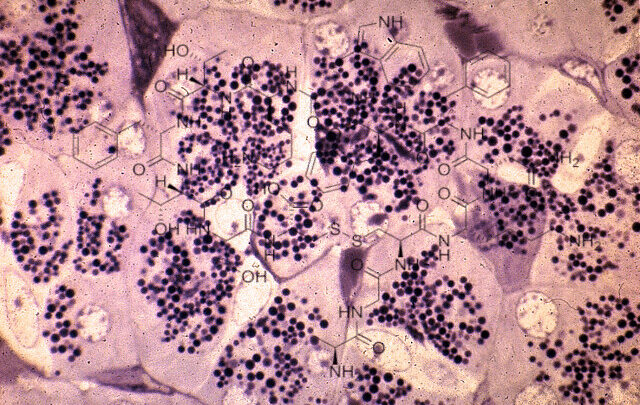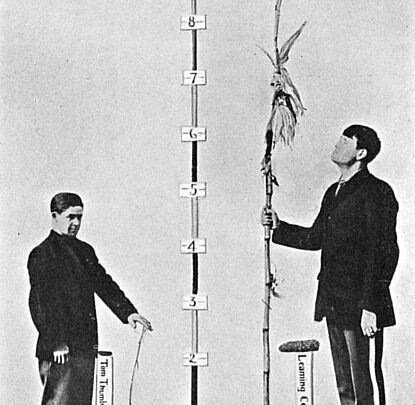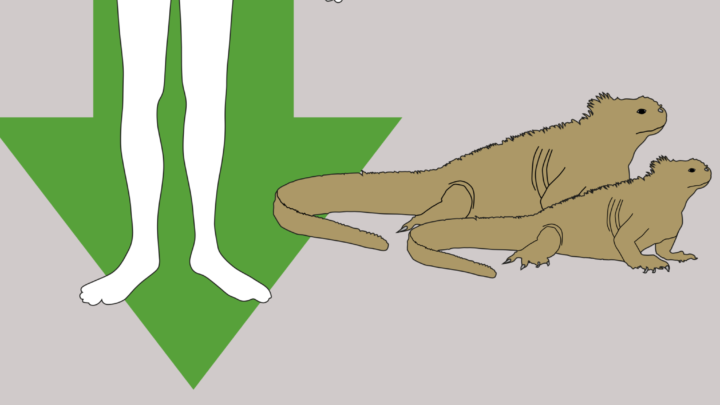Category: Environment
Dino/Bird Maker Space
March 25, 2024Massenerhebung Effect
November 21, 2023Elfin Forest
March 20, 2023Elfin, dwarf or pygmy forests show us that not only individual species but entire ecosystems select for small size when things get rough. The forests are uncommon ecosystems featuring miniature trees with shallow but extensive horizontal root systems, and mostly inhabited by equally small animals such…
Environmental Stress Hypothesis
November 10, 2022The past 2.000.000 years have seen an increase in estimated body size among most Homo species from an average of 50 to 70 kg. Environmental challenges, such as arid conditions and low resource availability or habitat instability and resource fluctuation, faced by hominin species, are often overcome by…
A Small Advantage
May 30, 2022GHRE: Gravitropism
March 29, 2022Micro-Livestock’s Short Shadow
October 18, 2018Livestock’s Long Shadow: Environmental Issues and Options, a 2006 report released by the Food and Agriculture Organisation, assesses the impact of the livestock sector on environmental challenges, along with potential technical and policy approaches to mitigation. The livestock sector poses serious challenges to the environment at every…
Neglecting Gravity
April 17, 2018Transient Dwarfism of Soil Fauna
November 30, 2017Red Knot Protein Transition
May 13, 2016Various animal species are responding to global warming by reducing their body size. In the mid 19th century biologists had already observed the ecogeographic principle that within a broadly distributed taxonomic clade, populations and species of larger size are found in colder environments, while populations…
Mandragora
February 6, 2015The Incredible shrinking Man desires a more ecological human existence. We’ve outgrown our naturally given space on Earth and experience the consequences, or even consider exit strategies. But rather than fantasizing about a departure from the planet that designed us, we investigate the possibilities to…
Microbial Temper Tantrums
March 22, 2014In stressful conditions, cells must prevent the initiation of replication and shift their priorities to protective functions. In other words: they must stop division and growth. Experiments in bacteria at the University of Massachusetts Amherst have uncovered the mechanism that translates stress into blocked cell growth.…
Degrowth
February 15, 2014Degrowth is a political, economic, and social movement based on ecological economics. Degrowth thinkers and activists advocate for the downscaling of production and consumption arguing that overconsumption lies at the root of long term environmental issues and social inequalities. It is considered an essential economic strategy responding to the…

